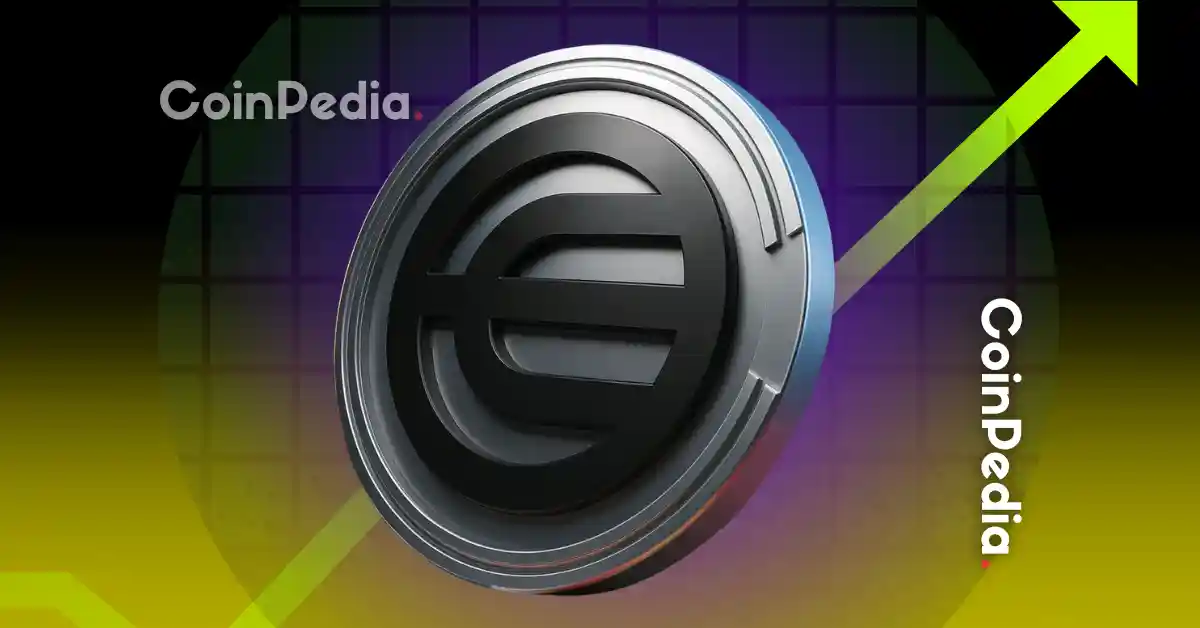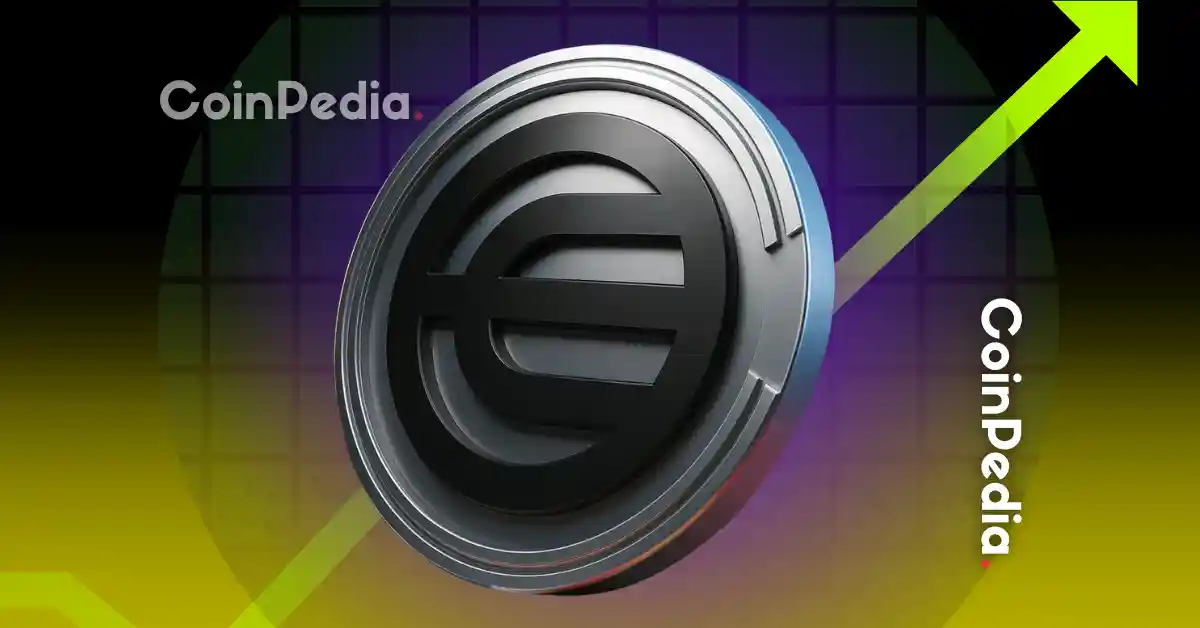The Promise and Peril of Worldcoin: A Comprehensive Analysis
The Vision Behind Worldcoin
Worldcoin, initiated by Sam Altman of OpenAI, presents an audacious vision: a universal digital identity system accessible to all. This system aims to distribute its cryptocurrency, WLD, to individuals who verify their uniqueness through iris scans using a specialized device called the Orb. The project’s ambition is to create a more inclusive financial future, but it has also ignited intense debate about privacy, security, and the essence of identity in the digital era. Is Worldcoin a revolutionary leap forward or a risky experiment with potentially dystopian implications?
The Technology: Orb, World ID, and WLD Token
To understand Worldcoin, it’s essential to examine its three core components: the Orb, World ID, and the WLD token.
The Orb
The Orb is a custom-designed, spherical device that scans individuals’ irises. Its primary function is to verify the “humanness” and uniqueness of each user, preventing duplicate registrations and ensuring that each person can claim their share of WLD. The Orb’s futuristic design aims to inspire trust and acceptance, but it has also become a focal point of privacy concerns due to its biometric data collection.
World ID
World ID is the digital identity created after an individual’s iris is scanned. It aims to be a privacy-preserving solution, utilizing zero-knowledge proofs to verify humanness without revealing personal information. This technology allows users to prove they are unique individuals without disclosing their real-world identity, which is crucial for applications like online voting, fraud prevention, and universal basic income distribution.
WLD Token
The WLD token is the native cryptocurrency of the Worldcoin ecosystem. It is intended to be distributed freely to individuals who verify their identity using the Orb. The goal is to create a widely distributed cryptocurrency that can serve as a basic income mechanism and facilitate global transactions. The tokenomics of WLD are designed to incentivize early adoption and network growth.
The Goals: Identity, Inclusion, and UBI
Worldcoin’s founders envision a future where everyone has access to a secure, privacy-preserving digital identity. This vision is driven by several key goals:
Solving the Identity Problem
In an increasingly digital world, proving one’s identity online is becoming crucial for accessing essential services, participating in online communities, and combating fraud. Worldcoin aims to provide a universal and reliable solution to this problem.
Promoting Financial Inclusion
By distributing WLD tokens to individuals worldwide, Worldcoin hopes to empower those excluded from traditional financial systems. This is particularly relevant in developing countries where access to banking services is limited.
Enabling Universal Basic Income (UBI)
Worldcoin’s founders believe that UBI could become necessary in a future dominated by automation. The WLD token could potentially serve as a mechanism for distributing UBI to a global population, ensuring a basic standard of living for everyone.
Global Expansion and Adoption
Worldcoin has been actively expanding its reach across the globe, deploying Orbs in various countries and onboarding new users. Recent efforts have focused on expanding in Asia and the United States. This expansion is crucial for achieving Worldcoin’s goal of creating a truly global identity network. However, it also presents significant challenges, including navigating diverse regulatory landscapes and addressing cultural sensitivities surrounding biometric data collection.
Privacy Concerns: The Central Issue
The most significant criticism leveled against Worldcoin revolves around privacy. The collection of iris scans raises fundamental questions about data security, storage, and potential misuse. Concerns include:
Data Security
How securely are iris scans stored? What measures are in place to prevent data breaches and unauthorized access?
Data Usage
How will the collected data be used beyond identity verification? Could it be used for surveillance or other purposes without users’ consent?
Centralization Risk
Even with privacy-preserving technologies, the concentration of biometric data in a single entity raises concerns about potential abuse of power.
Transparency
The lack of complete transparency regarding Worldcoin’s data handling practices fuels skepticism and distrust.
While Worldcoin emphasizes its use of zero-knowledge proofs and other privacy-enhancing technologies, many remain unconvinced. Critics argue that the risks associated with collecting and storing biometric data outweigh the potential benefits.
Regulatory Challenges
Worldcoin faces a complex and evolving regulatory landscape. Governments worldwide are grappling with how to regulate cryptocurrencies and digital identity systems. Worldcoin’s operations have already faced scrutiny and restrictions in some countries due to privacy concerns and regulatory uncertainty. Navigating this complex landscape will be crucial for Worldcoin’s long-term success. Key regulatory challenges include:
Data Privacy Laws
Compliance with data privacy laws such as GDPR in Europe is essential.
Cryptocurrency Regulations
Regulations governing the issuance and distribution of cryptocurrencies vary widely across jurisdictions.
Biometric Data Regulations
Some countries have specific regulations governing the collection and use of biometric data.
Competitive Landscape
Worldcoin is not the only player in the digital identity space. Several existing and emerging solutions aim to solve the identity problem, including:
Government-Issued Digital IDs
Many governments are exploring the development of digital IDs for their citizens.
Blockchain-Based Identity Solutions
Several blockchain projects are working on decentralized identity solutions that give users more control over their data.
Traditional Identity Verification Services
Companies like Jumio and Onfido provide identity verification services for businesses.
Worldcoin’s success will depend on its ability to differentiate itself from these competing solutions and offer unique value to users.
Misinformation and Rumors
Worldcoin has been the subject of numerous rumors and misinformation campaigns. One notable example is the rumor that Cristiano Ronaldo had become the Global Ambassador for Worldcoin after a meeting with Sam Altman. This rumor was debunked, highlighting the importance of verifying information before sharing it online. The spread of misinformation can damage Worldcoin’s reputation and undermine public trust.
Conclusion: A High-Stakes Gamble
Worldcoin represents a bold and ambitious attempt to create a global digital identity system and distribute cryptocurrency to everyone on the planet. Its vision of a more inclusive and equitable future is compelling. However, the project faces significant challenges, particularly regarding privacy, security, and regulatory compliance. Whether Worldcoin succeeds in overcoming these challenges remains to be seen. But one thing is certain: it has sparked a crucial conversation about the future of identity in the digital age, a conversation that will continue to shape the world for years to come. Worldcoin’s journey is a high-stakes gamble with potentially transformative consequences, a gamble that demands careful consideration and ongoing scrutiny.












